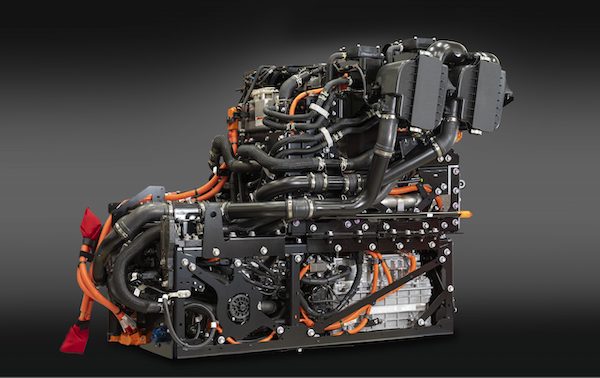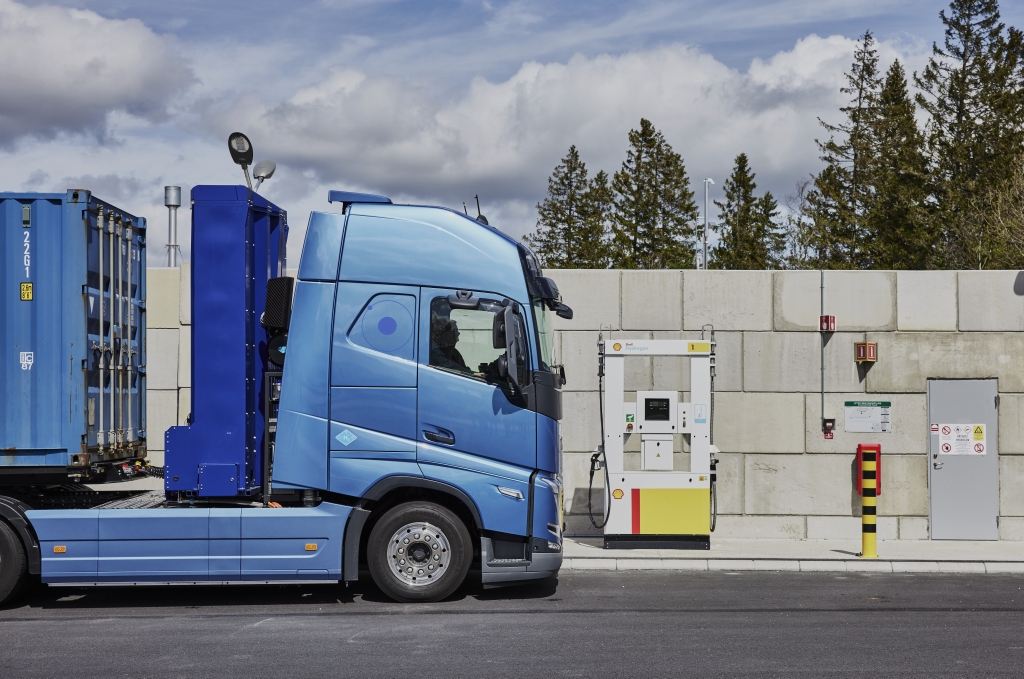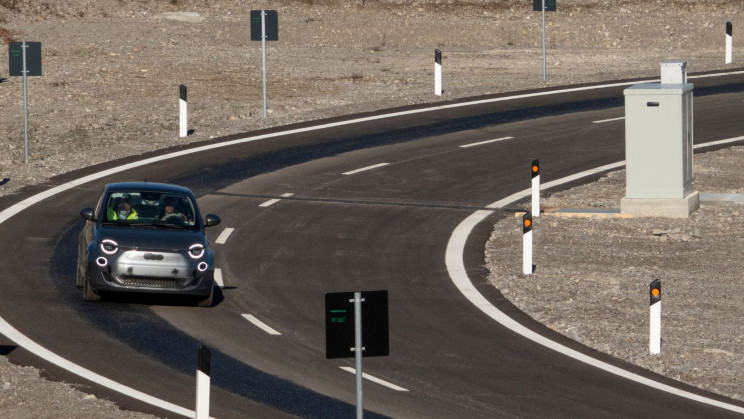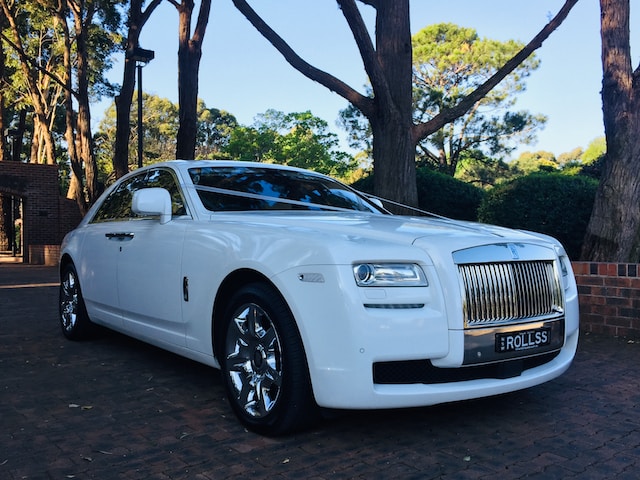Elon Musk may not like hydrogen cells, but Toyota does. For years, the global automotive giant has solidified its commitment to the future of hydrogen-powered long-haul trucks. And hard work finally pays off.
Toyota’s Zero Emissions Powertrain (ZEP) has just been certified by California. This approval means that the hydrogen power kit meets the emission standards and is ready for sale in the U.S. state.
Toyota’s focus on hydrogen fuel cell development has long been judged by hydrogen critics. Conflicts center on the inefficiency of hydrogen-fueled cells in providing more sustainable solutions, particularly in the era of battery electrics.
But Toyota’s bold move may lead it to a breakthrough. The firm’s innovative kit aims to use hydrogen cells as an energy source for newly constructed heavy-duty vehicles like semi trucks and buses.
Hydrogen fuel cells offer several advantages compared to battery electrics. One major advantage is that hydrogen vehicles can be refueled quickly – refilling a hydrogen tank takes only minutes compared to hour-recharging batteries. This capability maximizes vehicle uptime and convenience.
Another highlight is the extended driving range of hydrogen fuel cell vehicles, making them considerably cost-effective solutions for long-haul trucking without frequent recharging. Their lighter weight also increases payload capacity, particularly for heavy-duty trucks and commercial transportation.
Toyota’s ZEP kit revolutionizes trucking by using fuel cells to generate electricity and water, offering an eco-friendly and efficient alternative to traditional engines. The latest ZEP model is compact, energy-efficient, and results from rigorous Port of Long Beach testing. Notably, some trucks were powered by fuel derived from cow waste, demonstrating Toyota’s commitment to sustainability.
With impressive capabilities, including a 300-mile range per fill for second-gen trucks, and collaboration with Kenworth on prototype models, the ZEP kit attracts additional incentives for manufacturers. Production is scheduled at Toyota’s Kentucky plant, potentially transforming the industry and advancing a greener future.







